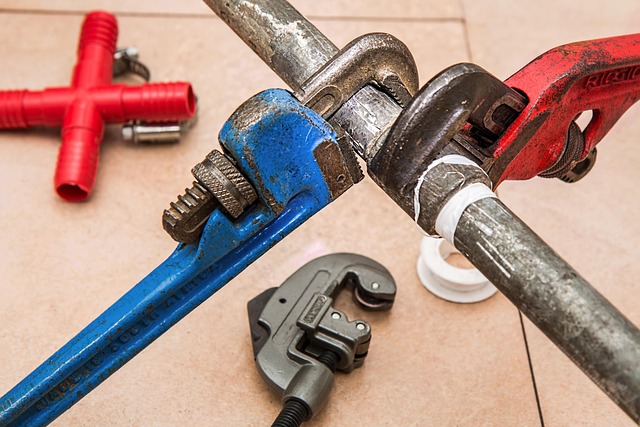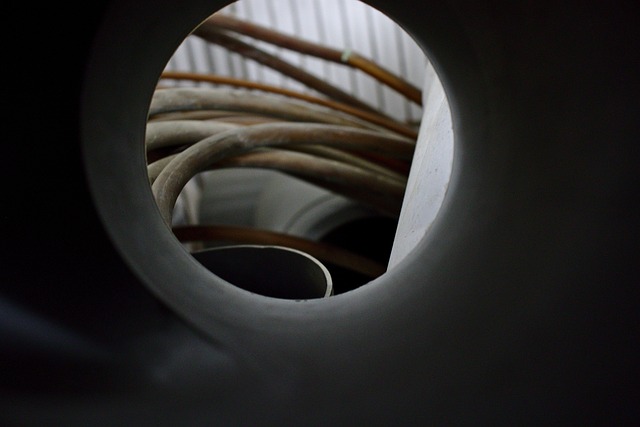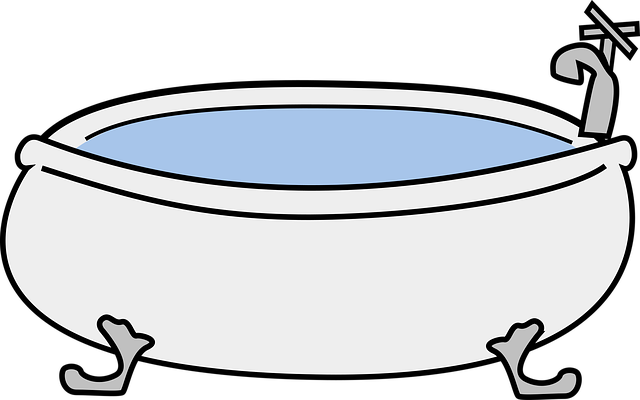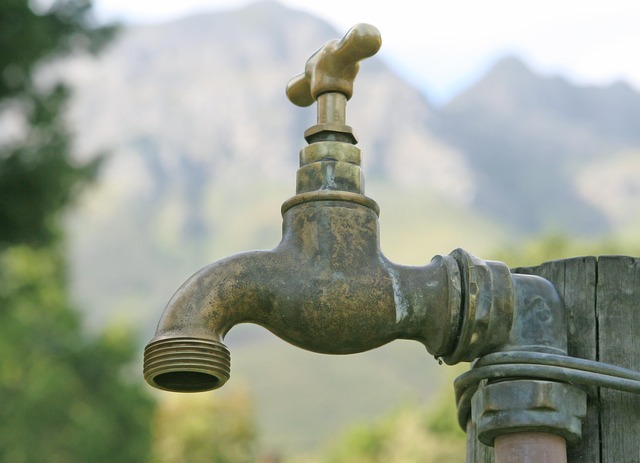Tankless water heaters are an eco-friendly plumbing solution, reducing energy consumption and utility costs by heating water on-demand. They minimize standby energy loss, appeal to homeowners seeking sustainable living, and offer efficient performance comparable to traditional systems. Proper installation, maintenance, ventilation, and regular flushing extend their lifespan while implementing green practices ensures optimal operation and cost savings for years to come. "Going tankless" aligns with global trends in eco-friendly plumbing, reducing greenhouse gas emissions and contributing to a smaller carbon footprint.
Looking for an efficient and eco-friendly solution for your hot water needs? Tankless water heaters are a game-changer. This innovative technology offers unparalleled energy savings by providing hot water on demand, eliminating the need for a constant supply of heated water in a storage tank. In this article, we explore the environmental benefits, installation considerations, and cost savings associated with tankless heaters, guiding you towards an informed decision for your eco-conscious plumbing choices.
- Understanding Tankless Water Heaters: The Eco-Friendly Option
- How They Work and Their Energy Efficiency Benefits
- Installation and Maintenance Considerations for Longevity
- Cost Savings and Environmental Impact: A Case for Going Tankless
Understanding Tankless Water Heaters: The Eco-Friendly Option

Tankless water heaters, also known as on-demand or instant water heaters, represent a significant shift in plumbing technology, offering an eco-friendly alternative to traditional storage tank models. Unlike their storage counterparts that constantly maintain a hot water supply, tankless heaters heat water only when needed, significantly reducing energy consumption and lowering utility bills.
This innovative approach to hot water heating is particularly appealing for environmentally conscious homeowners seeking sustainable solutions. By eliminating the need for a large, continuously heated reservoir, tankless heaters minimize energy wastage, making them an attractive option for those looking to incorporate eco-friendly plumbing practices into their homes.
How They Work and Their Energy Efficiency Benefits

Tankless water heaters, also known as on-demand or instant water heaters, offer a highly efficient alternative to traditional storage tank models. Unlike their counterparts that keep a constant supply of hot water heated and stored, tankless heaters heat water only when it’s needed. When you turn on the tap or shower, cold water flows through the unit, triggering the heating element to activate and instantly warm the water. This process eliminates the need for continuous energy input to maintain hot water temperatures, resulting in significant energy savings.
The energy efficiency of tankless heaters is a significant advantage, particularly for eco-friendly plumbing solutions. By reducing standby heat loss and minimizing energy consumption, these devices can lower utility bills and reduce a home’s carbon footprint. With advanced technology, modern tankless water heaters can provide hot water at rates comparable to traditional systems while operating with much less energy, making them an attractive option for homeowners looking to adopt more sustainable living practices.
Installation and Maintenance Considerations for Longevity

Installation and regular maintenance are key factors in ensuring a tankless water heater’s longevity. Unlike traditional storage heaters, these energy-efficient models require careful consideration during installation to maintain their performance and extend their lifespan. One crucial aspect is proper ventilation; adequate airflow ensures optimal combustion, enhances efficiency, and prevents the build-up of harmful gases.
Regular maintenance includes periodic flushing to remove mineral deposits that can accumulate over time, impacting water pressure and heater performance. Eco-friendly plumbing practices, such as using water softeners or filters, can also contribute to a tankless heater’s longevity by reducing the strain on the system and minimizing potential damage caused by hard water. Additionally, staying vigilant with routine inspections and addressing any issues promptly will help maintain the heater’s efficiency and ensure it operates safely and effectively for years to come.
Cost Savings and Environmental Impact: A Case for Going Tankless

Going tankless with water heaters offers significant cost savings, making it an attractive option for homeowners looking to reduce utility bills. Without the need to constantly heat and store large volumes of water, tankless heaters only heat water on-demand, minimizing energy consumption. This results in lower gas or electric bills throughout the year. Moreover, adopting tankless technology aligns with the growing trend towards eco-friendly plumbing. By eliminating the constant circulation of hot water, these systems reduce energy usage and greenhouse gas emissions, contributing to a smaller carbon footprint. This shift towards sustainable practices not only benefits personal finances but also supports global efforts to preserve natural resources.
